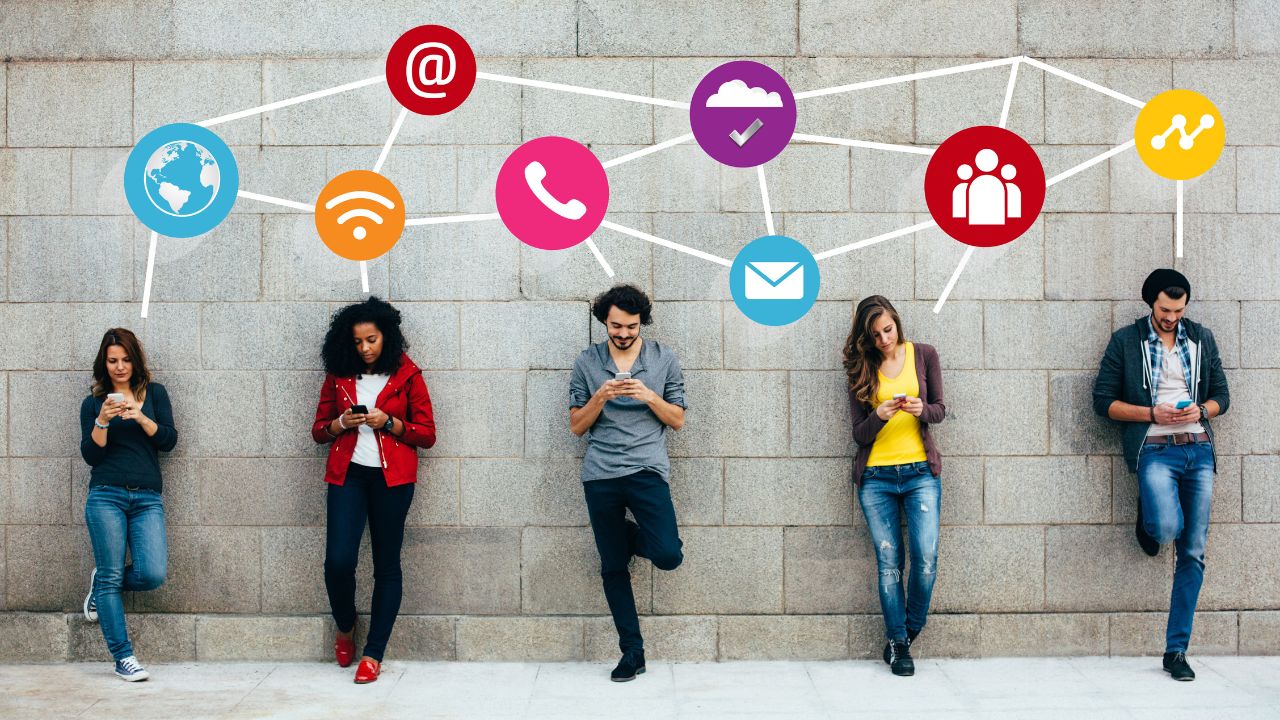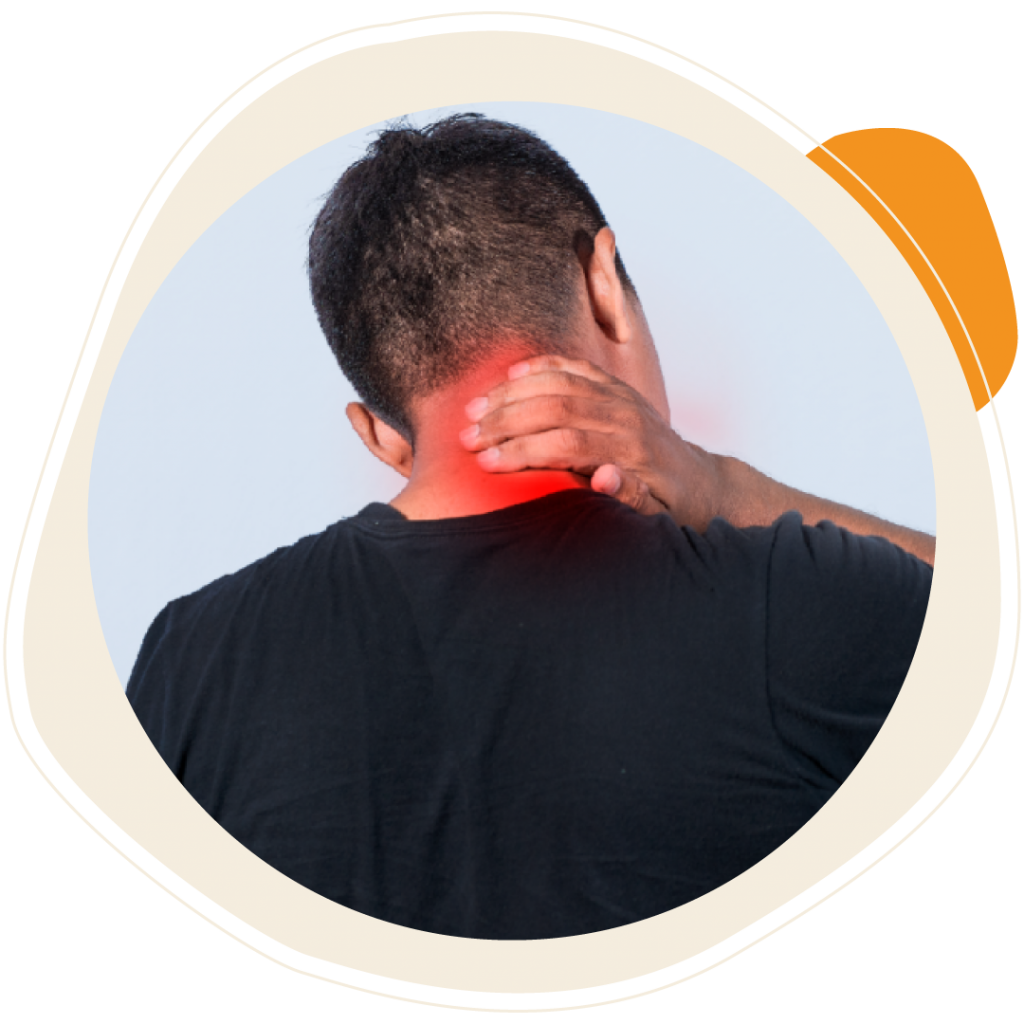In today’s digital age, social media has become an integral part of our daily lives, influencing how we connect, communicate, and perceive the world around us. However, alongside its many benefits, there is a growing concern regarding the impact of social media on mental health. This blog post aims to delve into the complex relationship between social media usage and mental well-being, exploring both the positive and negative effects while providing insights into maintaining a healthy balance in the digital realm.
Section 1: Defining the Relationship Between Social Media and Mental Health Social media encompasses a wide range of digital platforms designed for social interaction and content sharing, including Facebook, Instagram, Twitter, and TikTok, among others. With billions of users worldwide, these platforms have revolutionized the way we communicate and engage with one another. When discussing mental health, we refer to our emotional, psychological, and social well-being, impacting how we think, feel, and behave. It’s essential to recognize that social media can influence various aspects of our mental health, from self-esteem and body image to relationships and overall happiness.
Section 2: Positive Effects of Social Media on Mental Health While social media has garnered criticism for its potential negative impact, it also offers numerous benefits for mental well-being. These include facilitating connectivity with friends and family, especially for individuals separated by distance. Moreover, social media can serve as a platform for support networks, bringing together communities facing similar challenges and providing a sense of belonging. Research has also shown that engaging with positive content and supportive communities online can enhance feelings of happiness and well-being, promoting a sense of camaraderie and solidarity.
Section 3: Negative Effects of Social Media on Mental Health Despite its positive aspects, social media can also contribute to various mental health challenges. One of the most significant concerns is the phenomenon of social comparison, where individuals measure their own worth based on others’ seemingly perfect lives portrayed on social media. This can lead to feelings of inadequacy, envy, and low self-esteem. Additionally, cyberbullying, harassment, and online conflicts are prevalent issues that can have severe repercussions on mental well-being, especially among adolescents and young adults. The constant exposure to curated images and lifestyles on social media can also foster unrealistic expectations and fuel anxiety or depression.
Section 4: Understanding the Role of Algorithms and Digital Platforms The algorithms and design features of social media platforms play a crucial role in shaping user experiences and behavior. These platforms are designed to maximize user engagement and retention, often through personalized content recommendations and targeted advertising. However, this algorithmic curation can create filter bubbles and echo chambers, limiting exposure to diverse perspectives and exacerbating polarization. Moreover, the addictive nature of social media, characterized by endless scrolling and notifications, can contribute to compulsive usage patterns and detract from real-life interactions. As users become immersed in their online personas, they may experience a blurring of boundaries between their digital and offline identities, impacting their sense of self.
Section 5: Strategies for Maintaining Healthy Social Media Habits To mitigate the potential negative effects of social media on mental health, it’s essential to adopt healthy usage habits and boundaries. This includes setting limits on screen time, taking regular breaks from social media, and practicing mindfulness to cultivate awareness of one’s digital consumption habits. Engaging in offline activities, hobbies, and face-to-face interactions can also help balance the digital diet and promote overall well-being. Furthermore, seeking professional support and utilizing mental health resources available online can be beneficial for individuals struggling with social media-related mental health issues. Recognizing the importance of self-care and prioritizing mental health in the digital age is essential for fostering a healthier relationship with social media.
Conclusion: The relationship between social media and mental health is multifaceted, encompassing both positive and negative aspects. While social media offers unparalleled connectivity and support, it also presents challenges such as social comparison, cyberbullying, and addictive behaviors. By understanding the complexities of this relationship and adopting healthy usage habits, we can harness the benefits of social media while safeguarding our mental well-being. Moving forward, it’s crucial to continue researching and addressing these issues to promote a more balanced and mindful approach to digital engagement.











